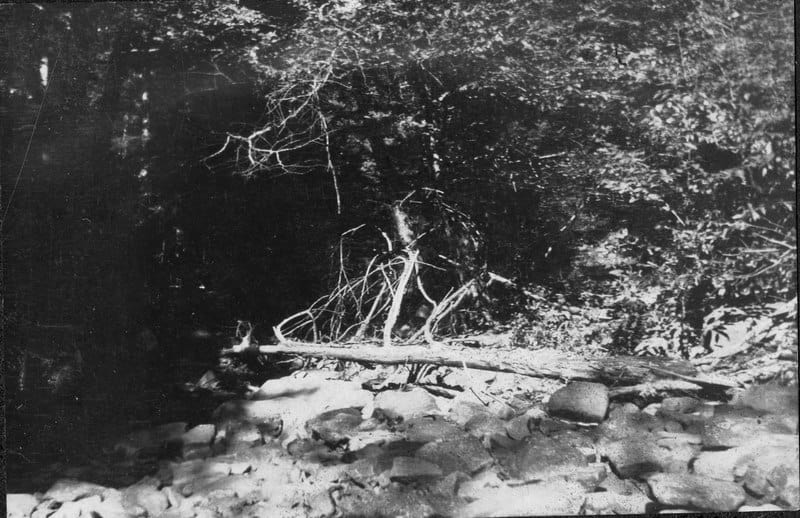
ADVERTISEMENT - CONTINUE READING BELOW
2. A major American sport is linked with Prohibition and moonshine as well
As noted, illicit distilling in America is as old as the nation itself. So are government efforts to suppress the practice. One of the first crises faced by the federal government under the Constitution was an insurrection by Pennsylvania distillers over taxes on their whiskey. The Whiskey Rebellion in the early 1790s began a continuing battle between illicit distillers and the government’s attempts to confiscate their untaxed products. By Prohibition, specially modified automobiles were used to deliver moonshine to customers. The cars were modified to increase power, speed, handling, and carrying capacity. Their drivers called the practice “runnin’ shine” and before long bragging rights led to them racing each other, usually in the South. Moonshine retained its popularity post-Prohibition in many of the Southern states, where dry counties continued to ban liquor for decades.
In 1948, after extended talks with drivers, track owners, promoters, and potential sponsors, Bill France Sr. announced the formation of the National Association for Stock Car Racing which uses the brand name NASCAR. Many of the more successful early drivers were moonshine runners. Then and now, throughout NASCAR’s history, very little of the vehicles involved was stock. Modifications for performance and safety have always been part of its program. Even in its “Strictly Stock” series of the late 1940s, drivers modified their cars, often using old bootlegging techniques, to gain an edge over their rivals’ drivers, rather than the revenuers. NASCAR’s direct links to illegal moonshining and its distribution are well known and even exploited from time to time. It is also deeply enmeshed with the aforementioned Mountain Dew, two famed American brand names born out of criminal activities.

